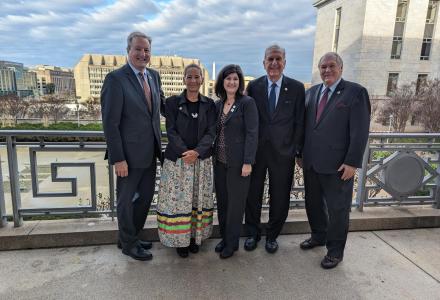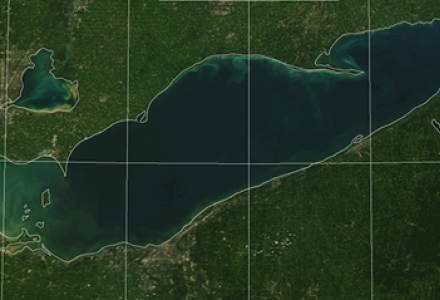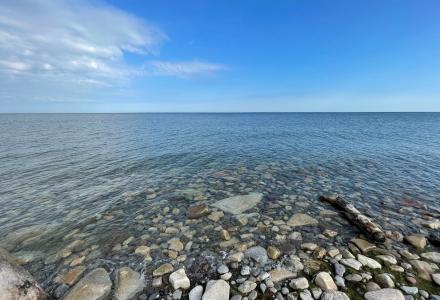
Fall is here and winter officially begins Dec. 21, but it’s no time to hibernate when it comes to public involvement. Bear these items in mind.
Microplastics: Thanks to those who have taken the time to draw up comments on proposed IJC recommendations on microplastics (due Nov. 10). Watch for our final report in the next few months.
Marine Debris: Pass along information about a Marine Debris Art Contest from the US National Oceanic and Atmospheric Administration. It’s open to students in grades K-8 and the deadline is Nov. 30. Winning entries will be featured in a 2018 Marine Debris Calendar.

Bottled Water: Discarded water bottles can end up in our lakes and contribute to microplastic pollution (see the fish’s tail, above). Ontario’s Ministry of the Environment and Climate Change has proposed a moratorium on new or increased permits for water bottling companies for reasons of water security.
The proposed moratorium would prohibit any new or increased use of groundwater in Ontario for water bottling until Jan. 1, 2019, to allow time for a comprehensive look at Ontario’s groundwater resources and rules that govern water bottling facilities that take groundwater. “This will help enhance water security in Ontario, by ensuring the wise use and management of groundwater in the face of climate change and increasing demand due to population growth,” according to the Ministry. Comments are being taken until Dec. 1.
Algal blooms: The onset of colder weather will cut the threat of harmful algal blooms. But the issue still looms large, and has been the focus of efforts by Canada and the US to cut nutrient inputs to Lake Erie. The Ontario government is taking comments on a policy proposal for “Reducing Phosphorus to Minimize Algal Blooms in Lake Erie” until Nov. 20. It’s part of binational efforts to cut phosphorus loads to the lake by 40 percent by 2025.
Contribute: That’s a sampling of what’s out there. If you think we’ve missed anything that should be included now or in the future, comment below or send an email to kartj@washington.ijc.org.
Jeff Kart is executive editor of the IJC’s monthly Great Lakes Connection and quarterly Water Matters newsletters.

Jeff Kart is executive editor of the Shared Waters IJC newsletter and a contractor to the US Section of the International Joint Commission in Washington, D.C.




